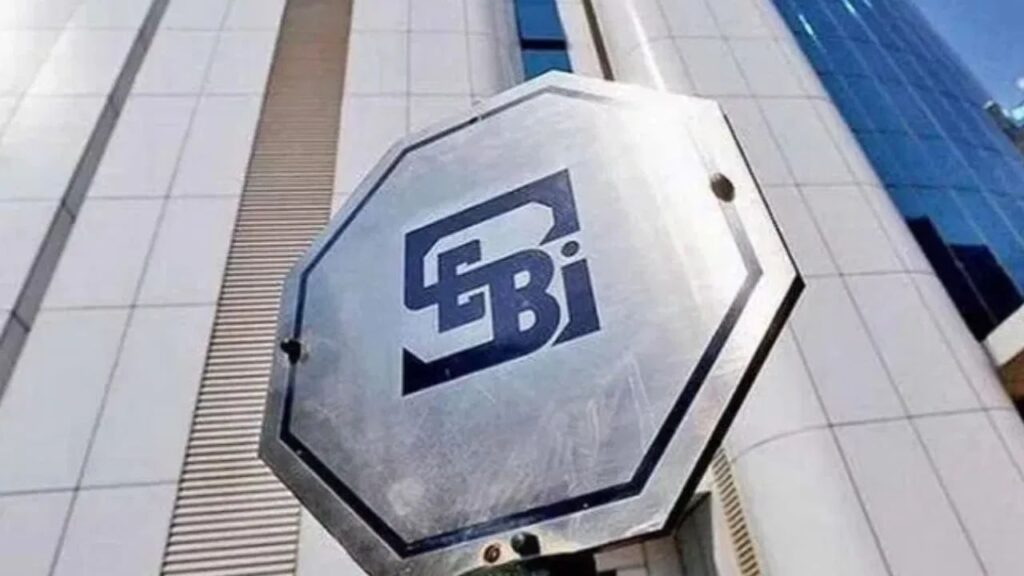In a significant development, the Securities and Exchange Board of India (SEBI) has imposed a five-year ban on industrialist Anil Ambani. This decision comes after a 22-page report outlined multiple allegations against him and his company, primarily centered around the diversion of funds. But what does this fund diversion entail, and what led to the regulatory body’s drastic measures?
What Did SEBI Say in Its Order?
In its order, SEBI stated that Anil Ambani devised a fraudulent scheme to withdraw funds from Reliance Home Finance Limited (RHFL) with the assistance of key management personnel. This scheme involved concealing the loans as legitimate financial operations tied to affiliated entities. Despite clear directives from RHFL’s board of directors prohibiting such lending practices and mandating regular corporate loan inspections, management ignored these orders. This lack of compliance highlights significant governance failures, with Ambani allegedly leveraging his influence to bypass regulations.
Financial Penalties Imposed
As part of the sanctions, SEBI not only banned Anil Ambani for five years but also penalized his company, Reliance Home Finance, with a fine of ₹600,000 and a six-month suspension from the market. Additionally, the regulator has banned 24 entities, including Ambani himself, from participating in the securities market, and imposed a hefty penalty of ₹250 million. This means Anil Ambani will not be able to engage in any trading or related activities within the securities market during this period.
Understanding Fund Diversion
Fund diversion in the context of the stock market refers to the unauthorized use of company funds for activities not officially approved or related to the company’s operations. In this case, a scheme led by Ambani and executed with management’s support involved drawing funds from RHFL for purposes that contravened regulatory norms. Regulations require that if a company’s funds are to be utilized for activities unrelated to its core business, board authorization and documented decisions must be obtained. In this instance, the directors had explicitly ordered against such actions.
Impact on Stock Prices
The news of SEBI’s actions triggered a sharp decline in Reliance Power’s share price. By midday, shares had dropped over 5%, marking a stark contrast to the upward trend witnessed in the previous three days. As a result, the stock hit a lower circuit limit. Financial experts anticipate further declines as the ramifications of this regulatory intervention settle in. The market capitalization of Anil Ambani’s three companies has already plummeted by ₹21.26 billion as a direct result of these events.
Key Takeaways
| Action by SEBI | Details |
|---|---|
| Ban on Anil Ambani | 5 years |
| Fine on Reliance Home Finance | ₹600,000 |
| Suspension of Reliance Home Finance | 6 months |
| Penalty on Ambani and others | ₹250 million |
| Market Cap Loss | ₹21.26 billion |
Conclusion
The severe actions taken by SEBI against Anil Ambani reflect the regulatory body’s commitment to maintaining market integrity. The allegations of fund diversion raise critical questions about corporate governance and accountability. As the story unfolds, it will be crucial for investors and stakeholders to stay informed about further developments in this ongoing situation.
